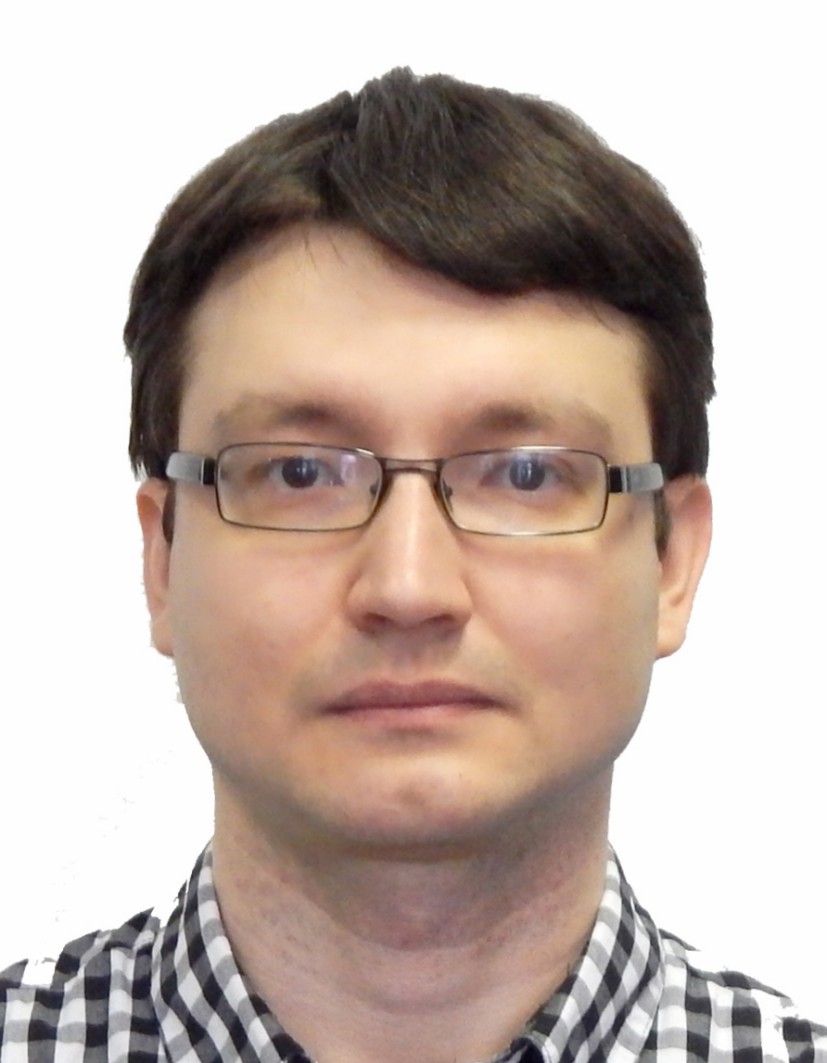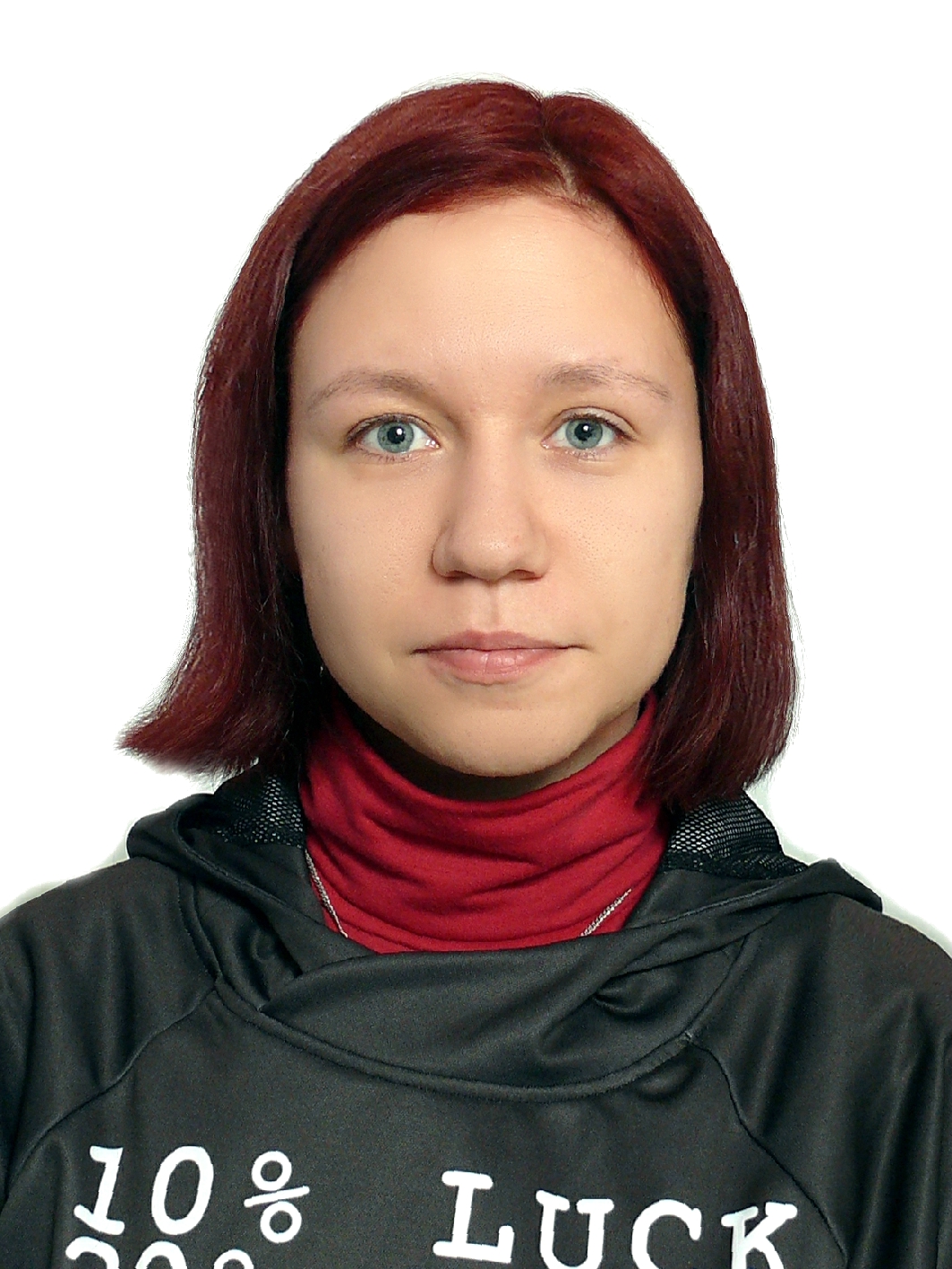The practices of religious conflict resolution among believers remain relevant in a modern society and a secular state. The authors analyzed the demand for religious institutions to settle disputes among Muslims in Dagestan and Tatarstan using the questionnaire method and considered the regional characteristics of Muslim communities, including ethno-religious composition, traditions, attitudes towards religion, socio-economic situation, and level of urbanization. According to the survey results, the following were revealed. 1) In Dagestan, religious institutions were chosen more often to resolve disputes. In Tatarstan, traditional institutions play a declining role, so respondents often turn to the state as the last resort. 2) Imams and other spiritual administration employees participate in conflict resolution more often due to their larger number and accessibility. 3) Muslims from Dagestan and Tatarstan mostly apply for matrimonial matters, followed by financial and economic disputes and the performance of religious rituals and inheritance division. 4) Due to the peculiarities of their upbringing, women try to use various methods to influence the opposing party instead of engaging in an open conflict, which is more typical for men. 5) When choosing a mediator, preference is given to practices from the dominant culture (traditional or secular). Muslim Dagestani repsondents tend to use informal traditional dispute resolution methods, while Tatars prefer seeking help from state institutions, although allowing religious practices as a temporary solution.
Key words: Sharia, religious institutions, conflict resolution, traditions, Muslims, Tatarstan, Dagestan
DOI: 10.22250/20728662_2024_2_167
About the authors
 |
Ilshat A. Mukhametzaripov – Ph.D. (History), Leading Researcher at The Center of Islamic Studies of Tatarstan Academy of Sciences; Assistant Professor at the Department of Anthropology and Ethnography of Kazan (Volga Region) Federal University; 36a Levo-Bulatchnaya str., Kazan, 420111, Russia; This email address is being protected from spambots. You need JavaScript enabled to view it. |
 |
Ilmira R. Gafiyatullina – Research Fellow, The Center of Islamic Studies of Tatarstan Academy of Sciences; 36a Levo-Bulatchnaya str., Kazan, 420111, Russia; This email address is being protected from spambots. You need JavaScript enabled to view it. |






